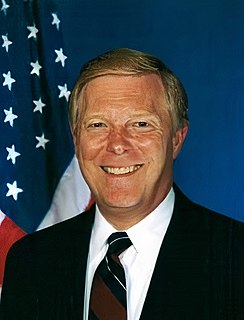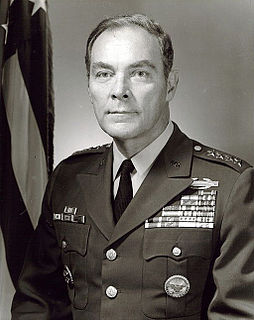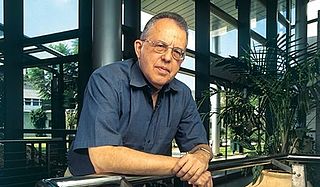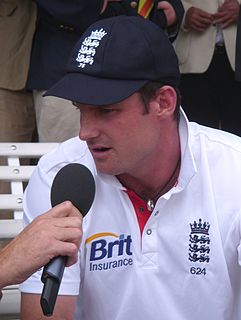A Quote by Jeffrey Sachs
The great leaders of the second world war alliance, Franklin Roosevelt and Winston Churchill, understood the twin sides of destruction and salvation. Their war aims were not only to defeat fascism, but to create a world of shared prosperity.
Related Quotes
Franklin Roosevelt is one of the great leaders because he does get along with other people. He makes this huge effort. He's a very charming man. He tries to bring Joseph Stalin and Winston Churchill into this tripartite agreement to run the world. And he really was close. If he hadn't died in April of '45, the whole history would be different.
As a Polish American, I grew up hearing the phrase 'nothing about us without us.' To Eastern Europeans, the vow is a painful reminder of how Joseph Stalin, Winston Churchill and Franklin D. Roosevelt carved up their small countries after World War II, placing them, against their will, under Soviet domination.
The Philippines and the U.S. have had a strong relationship with each other for a very long time now. We have a shared history. We have shared values, democracy, freedom, and we have been in all the wars together in modern history, the World War, Second World War, Cold War, Vietnam, Korea, now the war on terrorism.
The E.U. is the latest of a series of multinational organizations set up after World War II to ensure that there would never again be a pan-European war and to create the conditions for a new European prosperity after the destruction wrought by the war against the Nazis. The E.U. has admirably succeeded at both.
After World War II the Republicans - the Wall Street crowd - were very worried about a depression coming back. They hated Franklin Roosevelt in that crowd, my father among them. And there was a great fear in '46 that we'd fall back into the pits. And they always wanted to break up the Roosevelt legislation.
What is a war criminal? Was not war itself a crime against God and humanity, and, therefore, were not all those who sanctioned, engineered, and conducted wars, war criminals? War criminals are not confined to the Axis Powers alone. Roosevelt and Churchill are no less war criminals than Hitler and Mussolini. England, America and Russia have all of them got their hands dyed more or less red - not merely Germany and Japan.
... there was the first Balkan war and the second Balkan war and then there was the first world war. It is extraordinary how having done a thing once you have to do it again, there is the pleasure of coincidence and there is the pleasure of repetition, and so there is the second world war, and in between there was the Abyssinian war and the Spanish civil war.



































